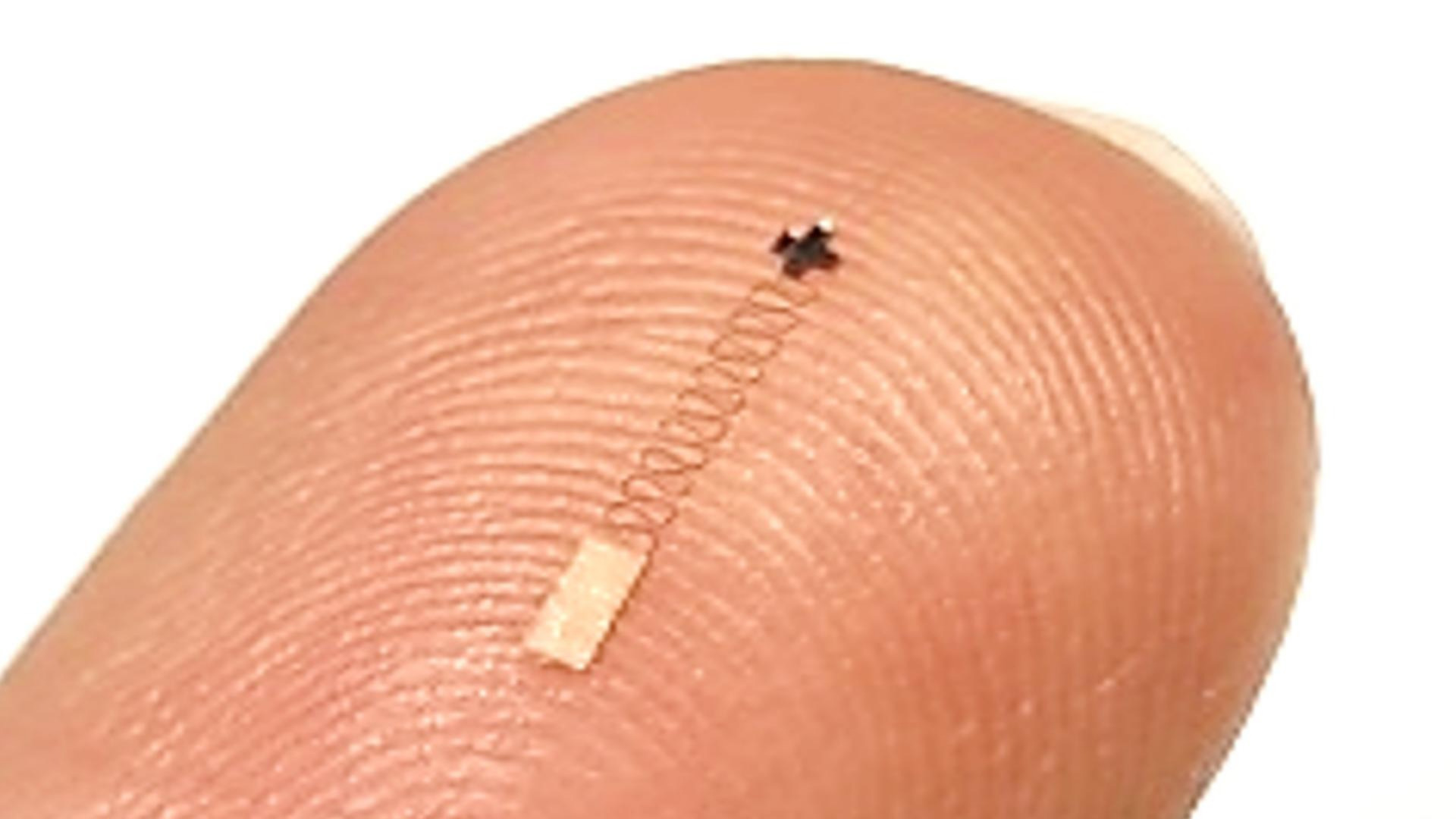- TECHSWU
- Posts
- TECHWU
TECHWU


The game "No Mercy," developed by Zerat Games, has ignited a global uproar and has been pulled from the digital platform Steam following severe backlash over its graphic content. Launched in March 2025, the game displayed disturbing themes including incest and sexual violence, prompting bans in countries such as Australia and Canada.
Its shocking marketing slogans, urging players to "never take no for an answer," only intensified the controversy. Despite being initially accessible to players as young as 13, reports revealed that the game remained downloadable in the UK, leading to further public outcry.
After mounting criticism, Zerat Games removed "No Mercy" voluntarily but controversially defended its content as part of "popular kinks" and urged a more open-minded perspective on adult themes. The incident highlights ongoing debates surrounding the limits of freedom in video gaming and the responsibilities of digital platforms to protect users.


Disney Research has unveiled a groundbreaking humanoid robot capable of mimicking human emotions and behavior in real-time, effectively bringing a more personable touch to robotics. Imagine a real-life WALL-E with nuanced feelings like shyness or excitement! This innovative creation learns by observing and interacting with human operators, training through instinctual social cues.
Its advanced AI processes movements and actions to replicate natural interactions, making experiences with the robot feel genuinely lifelike. The secret to its design lies in “Newton,” an open-source physics engine that allows for precise movements in realistic simulations.
Disney's vision extends beyond mere functionality; they aim to create robotic companions that can entertain and connect with audiences, much like beloved animated characters. With billions of humanoid robots expected to emerge by 2050, this technology promises to revolutionize how we engage with machines in our daily lives.

The tech industry is riding a wave of relief following the Trump administration's announcement of tariff exemptions on smartphones, computers, and electronic devices. Major companies like Apple and Nvidia saw their stocks soar, with experts dubbing the news as "dream news.
" However, lurking behind this temporary reprieve are warnings of possible sector-specific tariffs aimed at vital tech components like semiconductor chips, driven by national security concerns. Analysts note that while current exemptions provide a breather, they may be short-lived, as the administration is set to reevaluate its trade approach amid growing calls for "tech sovereignty.
" Consequently, firms are bracing for potential disruptions and rising production costs. Some manufacturers have even begun relocating production to countries like Vietnam and India as a contingency.
As the tech sector grapples with uncertainty, all eyes remain on Washington, where impending decisions could dramatically reshape the landscape of global technology supply chains.


In his thought-provoking op-ed, Dr. Atique Ur Rehman warns against the perilous trend of "digital colonization," where powerful nations and corporations dominate digital resources for economic and political gain.
As generative artificial intelligence (AI) revolutionizes industries—from healthcare to entertainment—it raises serious questions about data sovereignty, privacy, and cultural representation. The rapid evolution of AI is not just enhancing productivity; it's also deepening existing inequalities, creating a chasm between technologically advanced nations and those at a disadvantage.
This imbalance can lead to economic exploitation and the erosion of diverse cultural identities, forcing marginalized communities further into the shadows. Rehman emphasizes the need for awareness and inclusion of indigenous perspectives to foster a fairer digital landscape.
Navigating this new digital terrain requires vigilance, or we risk perpetuating old colonial patterns in a modern context, jeopardizing the rich tapestry of human experience.

Exciting news from Georgia Tech! Researchers have unveiled a groundbreaking nanoscale brain sensor that boasts an impressive 96.4% accuracy in detecting neural signals.
This tiny sensor, designed to fit discreetly between hair follicles just beneath the scalp, eliminates the discomfort of conductive gels used in traditional brain-wave capturing methods. It’s wireless and flexible, allowing wearers to move freely while still collecting high-quality data.
The innovative sensor opens doors to various applications, from helping individuals with disabilities control prosthetics to enhancing the functionality of smart glasses and hands-free devices. The potential doesn’t stop there—it could significantly improve immersive experiences in augmented and virtual reality.
As the development team continues its work, this marvel of engineering holds promise for revolutionizing healthcare and consumer tech alike, making interactions with technology more intuitive and seamless.

Apple is shaking things up with its Vision Pro lineup! In a recent buzz, reports suggest the tech giant is developing two new versions of its virtual reality headset. One is set to be a lighter and more affordable alternative to the original model, which retails for a hefty $3,500.
The other venture appears to be a sleek pair of AR glasses, indicating Apple’s ambitious plans for the future.
Weight issues have plagued the current Vision Pro, causing neck strain for users, pushing Apple to focus on creating a device that’s not just easier to wear but one that maintains high performance.
Tim Cook is reportedly prioritizing this project, emphasizing its strategic importance for the company in a competitive market.

Exciting news for WhatsApp users! The Meta-owned messaging platform is rolling out a new Chat Memory feature for its AI chatbot, currently in beta testing. This innovative tool gives users the power to save, update, or delete personalized information for more tailored conversations.
Imagine enjoying chats that remember your preferences and details—making interactions smoother and more engaging. Whether you want to hold onto favorite details or keep your chatbot knowledge fresh, this feature promises to enhance the user experience.
So, get ready to take your WhatsApp interactions to the next level with this cutting-edge feature! Stay tuned for updates as it rolls out to more users.